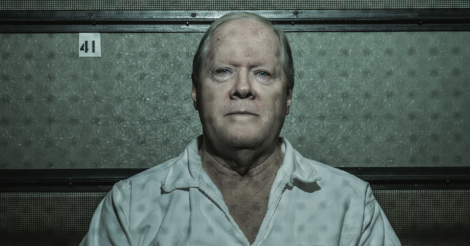Your podcast discovery platform
Curious minds select the most fascinating podcasts from around the world. Discover hand-piqd audio recommendations on your favorite topics.

piqer for: piqd Boom and bust Climate and Environment Global finds Globalization and politics Health and Sanity Technology and society Doing Good Deep Dives
Malia Politzer is the executive editor of piqd.com, and an award-winning long-form journalist based out of Spain. She specializes in reporting on migration, international development, human rights issues and investigative reporting.
Originally from California, she's lived in China, Spain, Mexico and India, and reported from various countries in Africa, Europe and the Middle East. Her primary beats relate to immigration, economics and international development. She has published articles in Huffington Post Highline, The Economist, The Wall Street Journal, Vogue India, Mint, Far Eastern Economic Review, Foreign Policy, Reason Magazine, and the Phoenix New Times. She is also a regular contributor to Devex.
Her Huffington Post Highline series, "The 21st Century Gold Rush" won awards from the National Association of Magazine Editors, Overseas Press Club, and American Society of Newspaper Editors. She's also won multiple awards for feature writing in India and the United States.
Her reporting has been supported by the Pulitzer Center on Crisis Reporting, The Institute For Current World Affairs, and the Global Migration Grant.
Degrees include a BA from Hampshire College and MS from Columbia University Graduate School of Journalism, where was a Stabile Fellow at the Center for Investigative Journalism.
Cliffhanger New York Times Investigation: Is Joe Bryan, Beloved Principal, Guilty of Murder?
This week's New York Times Magazine cover story is the first part of an impressive two-part investigation by journalist Pamela Coloff into the conviction of a respected school principal, Joe Byron. Byron was accused and found guilty of murdering his wife in the 1980s, and has spent the past three decades in jail, serving time.
But did he really do it? Coloff's narrative begins with a detailed history of the courtship, marriage, and partnership of Byron and his wife, Mikey—a history indicative by all accounts of a loving, frictionless marriage. On the night of the murder, Joe Byron was on a business trip more than 150 miles away. Phone records confirm that he spoke to his wife the night of the murder, and he was seen at an event early in the following morning. Despite this evidence, he was convicted of killing her anyway.
Coloff's beautiful prose reads like a suspense novel. After presenting us with the couple's history, she takes us through the investigation—lingering on a number of troubling inconsistencies that put Bryon's guilt into question. Yet by the end of the article, we still don't know what actually happened.
Next week, New York Times Magazine will release Part II of this fascinating investigation, bringing resolution to the unresolved cliffhanger: Is Joe Byron an innocent man? Or is he guilty?
